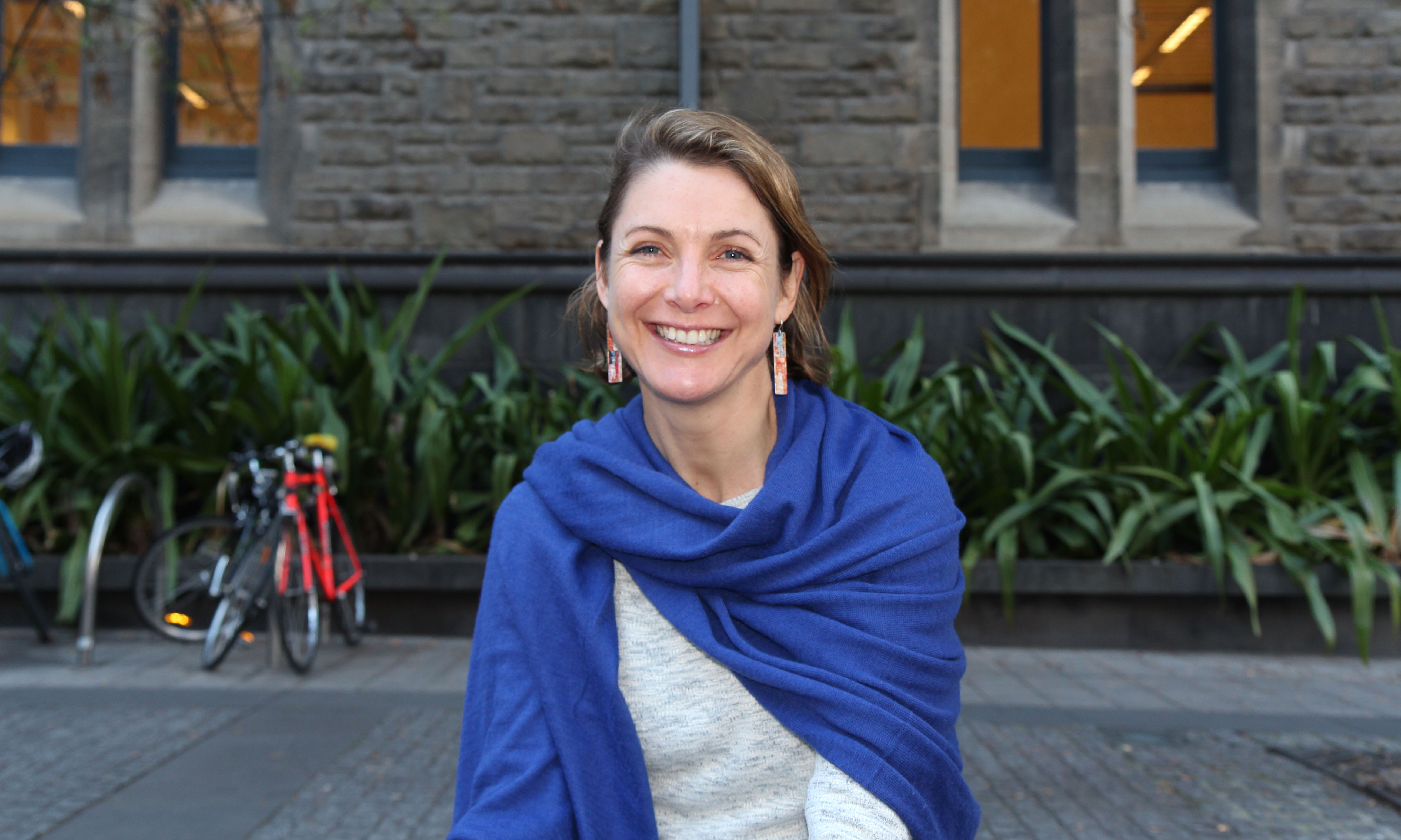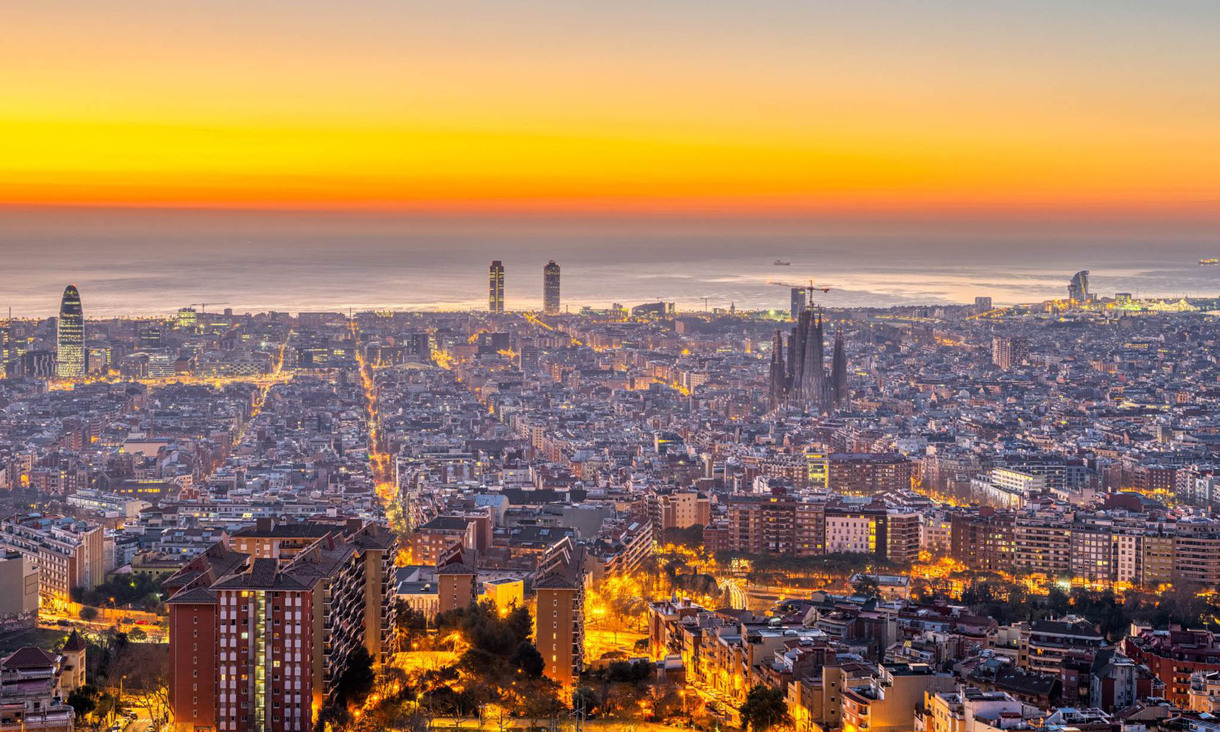Interim Director of the RMIT Urban Futures ECP and Lead Author with the Intergovernmental Panel in Climate Change Professor Lauren Rickards brings together researchers and practitioners to discuss and advise a range of government and other groups on how best to respond to climate change.
What are the current challenges facing leadership in responses to climate change?
Australia has been caught in the throes of trend and attribution denial for a long time – that is, fighting about whether climate change is happening and whether it is caused by human actions. Now the challenge is so-called impact denial and implicatory denial – denying that climate change is of much consequence for us.
While most organisations are now starting to act, we need far more serious effort across all sectors and disciplines to not only get moving faster, but also in the right direction and to improve as we go.
What has been your role in leading responses and action on climate change?
A key lesson from the COVID-19 pandemic is how disasters are determined by circumstances on the ground whenever and wherever they hit, and how uneven and far-reaching their effects in society can be.
We need to use disruptions and disasters – such as the pandemic – to critique and reset our systems so that we are better off, including better prepared for further climate change challenges.
It’s for this reason that a major focus for the University’s Enabling Capability Platforms this year are five ‘Restart Initiatives’, inspired by the Sustainable Development Goals (SDGs) and designed to guide post-COVID stimulus efforts towards socially and environmentally positive ends.
I am helping lead the Greener Restart, which is bringing together researchers with like-minded organisations to identify opportunities for positive change, such as ensuring that the infrastructure projects being used as an economic stimulus also help cut emissions and generate long-term environmental and social benefits.
What is your advice to young women aspiring to leadership roles in the fight against climate change?
In Australia, being a young woman in or aspiring to a leadership role means you are inevitably going to differ from entrenched leadership norms.
Your best option is to use this difference as a strength. People will likely underestimate you, which gives you the power of surprise.
They will also be more forgiving if you don’t stick to the standard script of narrowly defined and performed job roles, because they don’t expect you to understand how things work.
Use this apparent naivety to your advantage: ask the dumb questions, state the obvious, get people to articulate why they are doing what they are doing.
One of the reasons Gretta Thunberg is so influential is because she has called out the elephant in the room: the lack of real climate action at the centre of a storm of climate change activity.
We don’t have time to waste, so courageous leadership by young women that short circuits the cycles of obfuscation is vital for all of us.
Story: Chanel Koeleman






